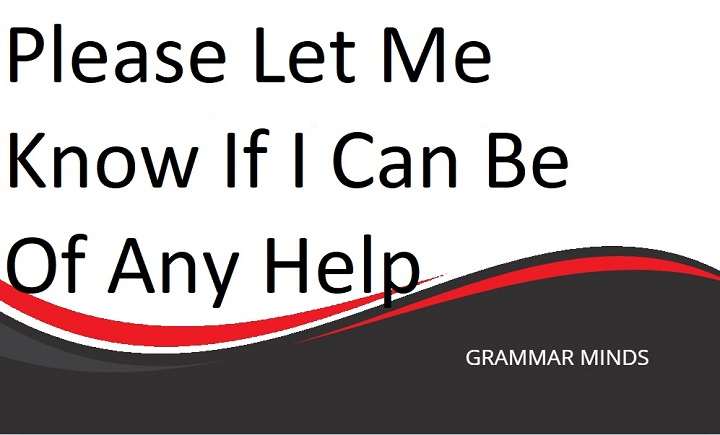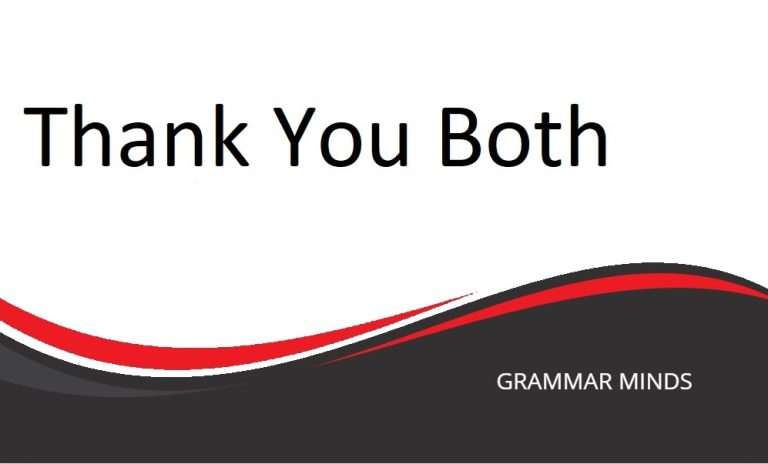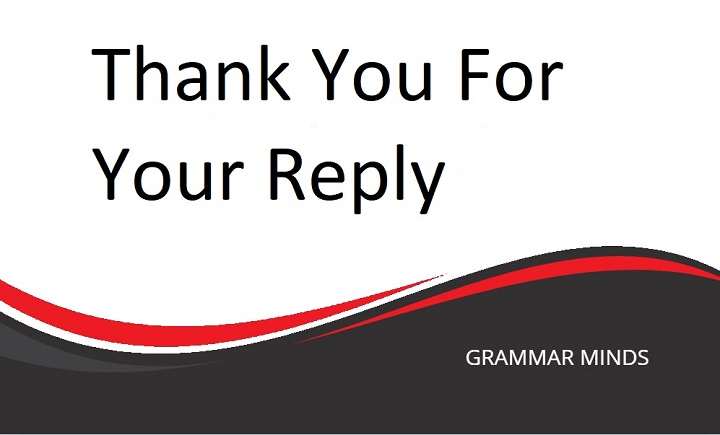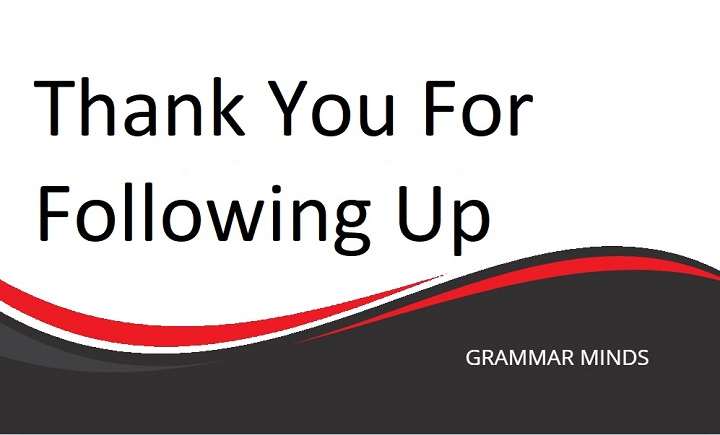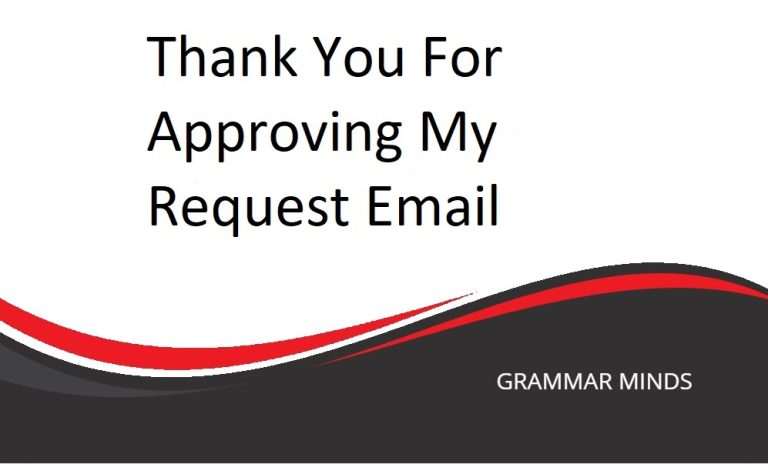The phrase “Please let me know if I can be of any help” is often used in professional and personal communication as a courteous way to offer assistance. While it’s polite and effective, overusing this expression can sometimes make it feel repetitive and unvaried. Whether you’re drafting an email to a colleague, offering help to a friend, or wrapping up a conversation, finding new ways to say this can help you sound more thoughtful and articulate.
Do you find yourself using the phrase “Please let me know if I can be of any help” repeatedly?
Have you grown tired of this repetitive expression when communicating in your professional or personal life?
Don’t worry! We’ve compiled a handy list of alternative phrases that you can use to mix things up and sound more varied in your conversations.
Other Ways to Say “Please Let Me Know If I Can Be of Any Help”
“Feel free to reach out if you need anything.”
This phrase maintains the same level of politeness while sounding slightly more casual. It’s perfect for informal situations, whether you’re talking to a friend or coworker.
“Don’t hesitate to contact me if you require assistance.”
For a more formal touch, you can use this phrase in business settings, particularly in emails or meetings.
“I’m here if you need anything.”
This option is short and simple, giving off a warm, approachable tone, suitable for both personal and professional conversations.
“Please don’t hesitate to let me know if I can assist you.”
A variation of the original phrase, but with a smoother, more formal tone that’s ideal for business or client communication.
“Let me know if there’s anything else I can do for you.”
This phrase emphasizes that you’re already helping, but are willing to go the extra mile.
“If you need help with anything, feel free to ask.”
Casual yet friendly, this phrase works well in everyday conversations with friends, colleagues, or family.
“I’d be happy to assist if you need any further help.”
Polite and professional, this phrase shows that you’re proactive and ready to help.
“I’m available if you need any support.”
This is a simple and direct way to offer help, and it’s appropriate for both formal and informal scenarios.
“Let me know if I can do anything to support you.”
With a focus on support, this phrase conveys empathy and care, making it perfect for personal conversations or when someone might be struggling.
“Please reach out if you need any further information.”
This option is a great way to offer more specific help, such as when you’ve provided initial details but are open to providing more clarification.
Key Notes
The phrase “Please let me know if I can be of any help” is grammatically correct and suitable for both formal and informal situations. However, it can sometimes feel a bit basic.
- You can use “Feel free to reach out if you need anything” for informal situations, especially in casual emails or texts.
- “Don’t hesitate to contact me if you require assistance” is a great formal alternative for business communications.
- Each phrase has its own nuance and can be applied based on the context, allowing you to vary your language and tone.
Keep reading to discover how to use these phrases in both formal and informal settings, and see real-life examples of how they can be applied.
Feel Free to Reach Out if You Need Anything
Usage: This phrase is friendly and informal, making it suitable for casual settings where you’re talking to someone you know well, like a colleague or a friend.
Example (in a text):
Hey [Friend’s Name],
Thanks again for [helping with the project today/grabbing lunch with me]! Feel free to reach out if you need anything, and I’ll see you soon!
Don’t Hesitate to Contact Me If You Require Assistance
Usage: This is a formal and professional alternative to “Please let me know if I can be of any help.” It’s great for use in business emails, especially when communicating with clients or colleagues.
Example (in an email):
Dear [Recipient’s Name],
I hope this email finds you well. Please find the attached documents for your review. Don’t hesitate to contact me if you require assistance with anything else.
Best regards,
[Your Name]
I’m Here If You Need Anything
Usage: This phrase is casual and direct, making it a great alternative for both personal and informal professional situations.
Example (in conversation):
Hey [Friend’s Name],
I know things are tough right now. I’m here if you need anything, okay?
Please Don’t Hesitate to Let Me Know If I Can Assist You
Usage: This phrase is quite formal and perfect for professional emails, particularly when dealing with higher-ups or clients.
Example (in an email):
Dear [Recipient’s Name],
Thank you for your email. Please don’t hesitate to let me know if I can assist you with any further details.
Kind regards,
[Your Name]
Let Me Know If There’s Anything Else I Can Do for You
Usage: This phrase is useful when you’ve already provided some assistance but want to offer more help. It’s both formal and informal, depending on how you say it.
Example (in conversation):
Sure thing, I’ll send over the files today. Let me know if there’s anything else I can do for you!
Is It Correct to Say “Please Let Me Know If I Can Be of Any Help”?
Yes! “Please let me know if I can be of any help” is grammatically correct and suitable for both formal and informal settings. It’s a versatile phrase that can be used in professional emails, conversations with colleagues, or casual chats with friends.
That being said, using synonyms like the ones we’ve listed above will help you mix up your language and sound more varied in your communication.
You can also try slight variations of this phrase, like the following:
- “Please let me know if I can be of further assistance.”
- “Let me know if there’s anything I can do to help.”
- “Feel free to ask if you need additional support.”
Also Read
Thank You for the Confirmation: Alternatives and Creative Ways to Express Gratitude
In conclusion, “Please let me know if I can be of any help” is a perfectly acceptable and grammatically correct phrase, whether you’re using it in a formal or informal setting. However, the alternative phrases provided in this article will help you diversify your vocabulary and communicate more effectively in different contexts.
Using varied language not only makes your communication more engaging, but it also allows you to tailor your tone depending on the situation. Whether you’re emailing a business client, offering help to a friend, or engaging in casual conversation, choosing the right phrase can make a big difference.
So next time, instead of defaulting to “Please let me know if I can be of any help,” try out one of the alternatives listed above and see how it changes the flow of your conversations!

